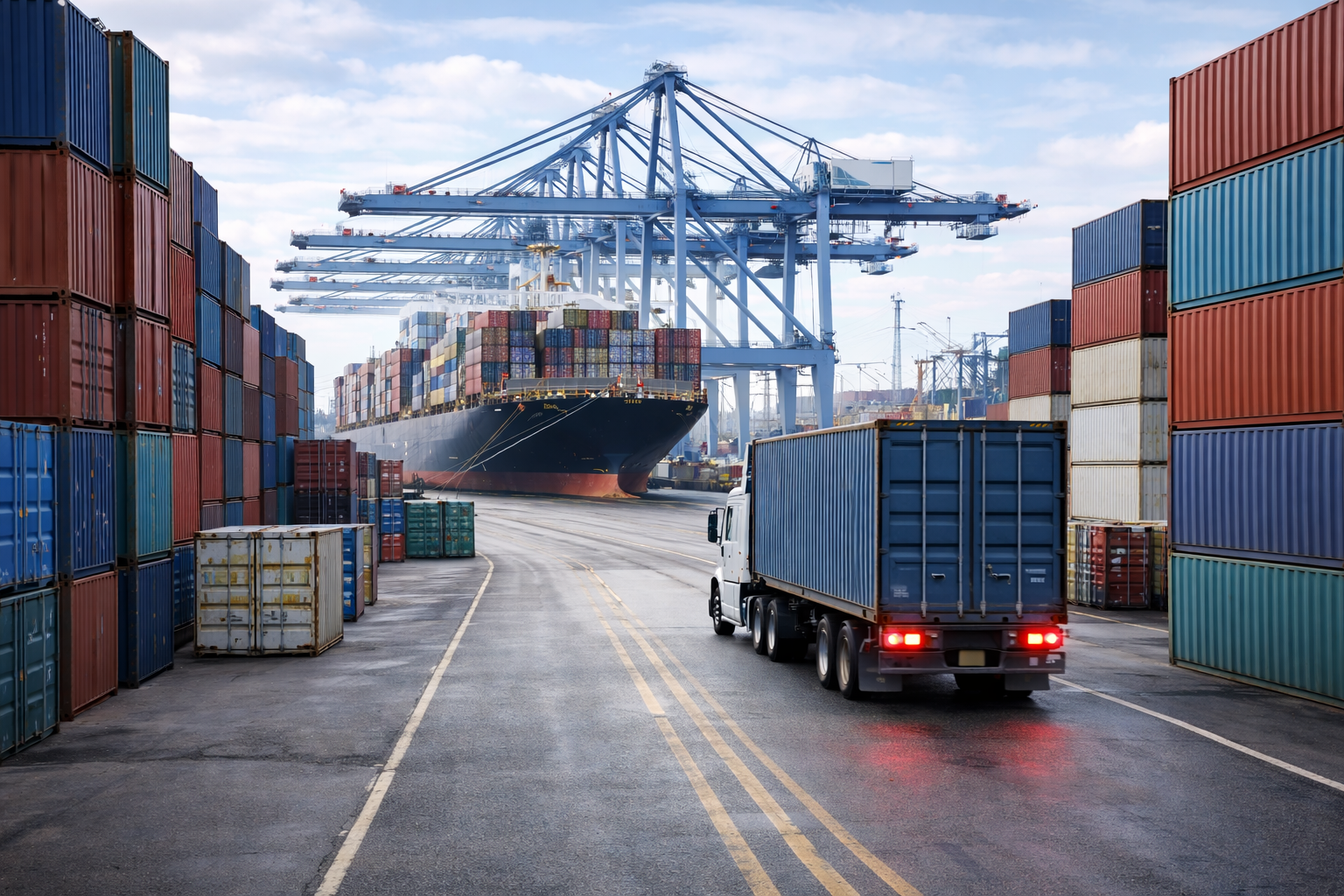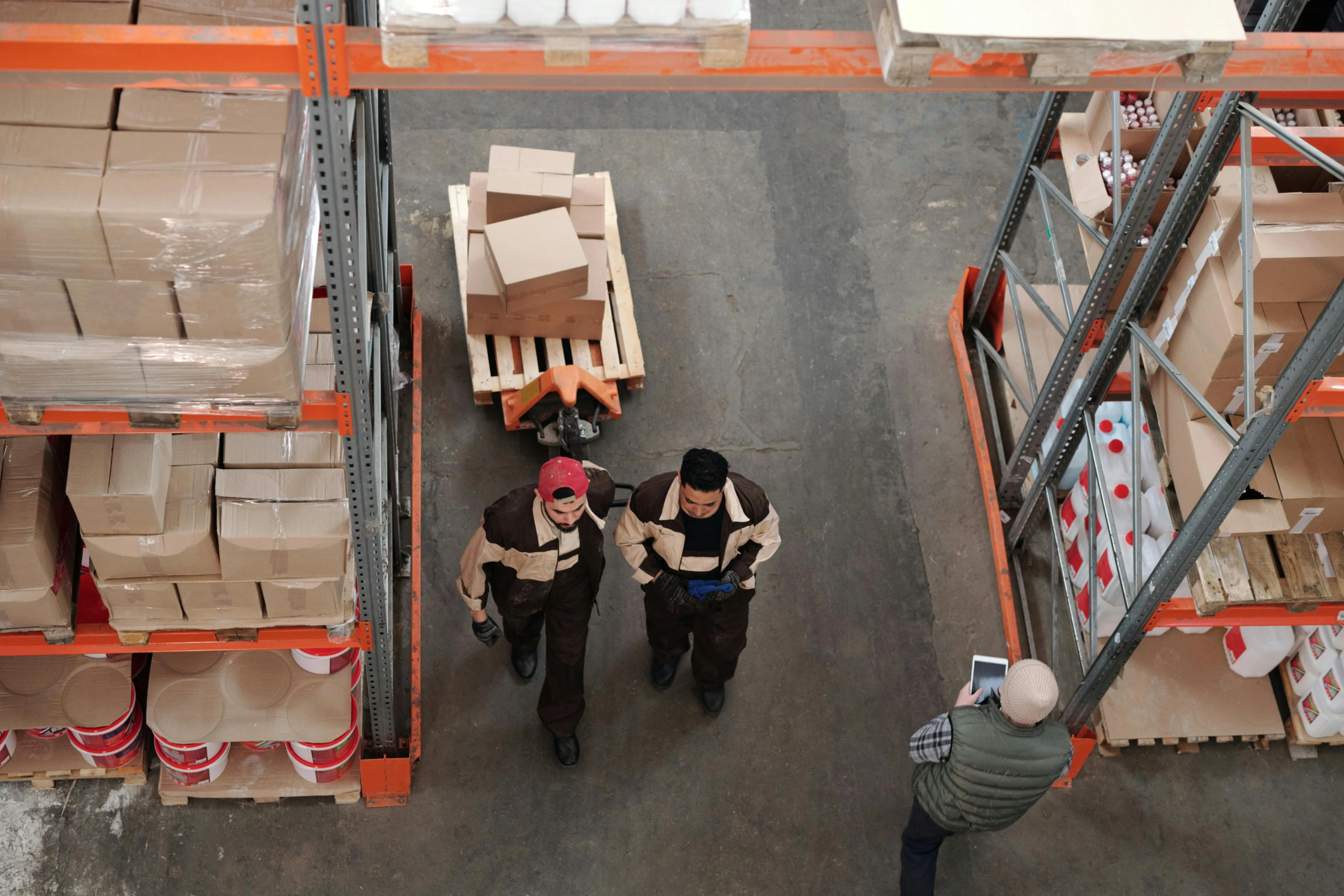In the dynamic realm of international trade, the freight forwarding sector serves as a pivotal hub, facilitating the smooth transportation of goods across borders. Yet, within this essential industry lurk shadowy forces of deception and misconduct, preying on unsuspecting entities. This guide unveils the sinister domain of freight scams, revealing their tactics, the aftermath for those ensnared, and proactive measures such as cargo theft prevention and supply chain security to safeguard against such predatory schemes.
Unveiling the Dynamics of Freight Scams
Among the commodities that are scams planned on the basis of the liability of the freight industry include sundry. As far as the term “other” is applicable to the transcriptions, a memo is a term used to describe a memorandum. A memo is an arithmetical term otherwise to mean a written record in a page of the sundry’s promissory purchase. Transport frauds arise in sundry forms, from messages ranging from damaged prop actuals and the proposal of low conveyance fees to utter deceptions for papers or fictitious periodical services.
Common to most, if not all, types of such fraudulent dealings was a high level of proficiency in the use of modern communication channels, including “convincing emails, telephone conversations, and sophisticated websites” Suspended Buyers’ Action. The offers to avoid paying extra or reduce the timeframes made the potential victims engage in the transactions. Ultimately, they become caught in the net of lies, funding a face loss, looking at lost merchandise and shipment delays.
How to Protect Yourself from Cargo Theft?
The freight is, arguably, the key area in global trade most prone to effective, sophisticated scams targeting ordinary people and businesses. There are several effective strategies for cargo protection.
1. Avoiding Temptation with Low Costs
The scam in question starts with the appealing opportunity of employing a third-party forwarder offering extremely low shipping rates. It is important since, in the world of global logistics, where players look for ways to cut costs, businesses and individuals will be likely to pick such an offer under normal circumstances. At the same time, the price is a bait, with all following events being a result of a multi-layered scam. At that point, the process will move further as the seller and the customers progress through the many fees to be paid.
These may encompass unanticipated expenses for documentation, insurance, or even fictitious fees for customs clearance. The ultimate expenditure escalates exponentially, leaving victims financially strained and disoriented, having committed to a deal far less advantageous than initially portrayed. This stratagem not only depletes the financial resources of its targets but also undermines trust within the freight forwarding community.
2. Evading Deception through Delay
In most cases, swindlers will devise plausible-sounding reasons for the duration of the shipment and extend the process several times. Reasons will be invented “on any occasion”: problems in logistics or pseudo-problems at the stage of customs clearance, as well as barriers in the legal field. In the meantime, one must stay alert because the more the shipment is extended, the greater the amount scammers will try to extract from victims.
Most of them agree since, in the meantime, based on various indicators of frustration in the shrinkage process, they understand that the situation is far from lacking options. This way, fraudsters use the victim’s despair and urgency to their benefit.
3. Sidestepping the Illusive Bill of Lading
The Bill of Lading (BoL) stands as a pivotal document in the shipping process, serving as a receipt for the shipped goods, a contractual agreement between the shipper and the carrier, and a title document enabling the claim of possession upon arrival. Exploiting the absence of this document, scammers demand additional payments for its purported “release,” effectively holding the shipment hostage.
Victims in this situation have been placed in a very delicate position because they cannot prove ownership of anything or get their belongings back without a BoL. This kind of crime could lead to a huge amount of money lost by some people and disorganization in the delivery system as they need help to release their shipment.
4. Foiling Cargo Hijacking
Scammers pretend to be trustworthy freight forwarders before disappearing with cargo under the pretense of legitimacy. Frequently, this fraud involves creating fake business websites along with documents imitating real deals.
Once the cargo is within their grasp, the fraudsters vanish, profiting from the sale of the pilfered goods. Victims are left without recourse, grappling not only with the loss of their merchandise but also the potential repercussions on their business reputation and financial stability. The emotional toll, coupled with the financial devastation, can be overwhelming.
5. Preventing Service Fabrication
One of the most popular strategies is falsely promising services—such as comprehensive insurance packages—that aren’t available. Perpetrators promise them security from all risks associated with losing, breaking, or stealing a parcel/package/item yet they learnt only after an encounter that the shelter was nonexistent. Discovering there is no avenue for redress or reimbursement can be a bitter and costly lesson, leaving victims exposed to substantial losses without the prospect of restitution.
6. Detecting the Sham Freight Forwarder
Sham freight forwarders do not have actual premises, usually do not have the proper license, and sometimes do not communicate directly but use excessively evasive or aggressive communication styles. They try to make themselves look genuine enough to draw in customers. They might escape with their clients’ money after taking their work or even not attempt to provide it at all. The absence of tangible offices or verifiable credentials complicates victims’ pursuit of restitution, while the lack of transparency and accountability leaves them drained financially and emotionally.
7. GPS tracking
It has become essential to track cargo movement. By following shipments in real time, companies discourage potential robbers. Firms can employ geofencing technologies to notify them should their goods be stolen or deviate from the intended path which would otherwise help in recovery or prevention of thefts.Switching over to GPS makes systems more secure while streamlining operation processes.
8. Employee Training
Ensuring that there are suitable employees who can notice and answer security threats rightly makes employee training very important. Educating staff on how to identify questionable emails and report them immediately through awareness campaigns has been found by research to greatly minimize chances of getting phished .This method is an important defense point in cases where personal details such as credit card numbers might be misused because it can prevent cyber crime before it happens.
9. Access Control
Enforcing stringent access controls in loading areas is vital to mitigate theft risks. Limited to authorized personnel, access should be monitored continuously through physical barriers, electronic systems, and vigilant security staff.
Surveillance cameras are integral, serving as deterrents and evidence gatherers in case of incidents. By regulating entry to loading areas and closely monitoring activities, companies can notably diminish the likelihood of unauthorized cargo access.
10. IoT Sensors
By use of incorporating IoT sensors into logistic operations an extra layer of protection against theft is provided. These sensors are capable of detecting unauthorized access to cargo containers and also monitor environmental conditions which indicate tampering has occurred. Information collected through those sensors can help in providing security ideas for shipments. This data can be used by the firms to improve their preventive measures. Theft dangers are lowered by real time detection and answer features.
11. Robust Protocols
Strong protocols are necessary in the logistics industry to effectively deal with cyber threats such as phishing emails that precede cargo theft. Security mechanisms must evolve continuously to outsmart cybercriminal tactics To deal with emerging cyber-attacks, regular updates on cyber-security policies are critical. This is insufficient to rely on old systems because criminals continuously refine their tactics.
Remaining Cautious and Conducting Diligence: The Path to Prevention
Every criminal plot has the same objective: taking advantage of unknowing people’s money or confidence. Avoiding them requires constant caution, thorough investigations into every aspect of a deal, and demanding full openness and records of payments made during transportation from the carrier. By familiarizing themselves with the tactics employed by fraudsters and maintaining skepticism toward overly advantageous offers, individuals and businesses can shield themselves from the financial and operational hazards posed by freight scams.
Protecting Against Freight Scams
Shielding oneself from freight scams commences with vigilance and a well-informed strategy. Begin by conducting thorough research on potential freight partners, meticulously scrutinizing their credentials, online presence, and customer testimonials. Prioritize the establishment of comprehensive, documented agreements that explicitly outline service terms, fees, and obligations. Enhancing shipment oversight through meticulous tracking and securing shipment insurance further diminishes exposure to risks, providing avenues for recourse in the event of fraudulent activities.
Additionally, remain alert for warning signs such as unusually low rates, undue pressure to finalize contracts hastily, and obscure communication practices. A legitimate freight forwarder welcomes scrutiny, offering transparent, detailed responses to inquiries and maintaining transparent communication channels.
In the regrettable circumstance of falling victim to a freight scam, prompt action is paramount. Reporting the fraud to appropriate authorities not only aids in potential recovery efforts but also serves to safeguard others from similar predicaments. Engaging with financial institutions and legal advisors can also facilitate the process of recuperating losses.
Conclusion
Despite its pivotal role in global commerce, the freight forwarding industry is not immune to the threat of scams, including theft of cargo. Awareness, diligence, and proactive measures such as preventing cargo theft serve as indispensable defenses against fraud. By aligning with reputable, transparent, and responsive freight forwarders, businesses and individuals can navigate the complexities of international shipping with confidence and security.
For those seeking a steadfast ally in their shipping endeavors, LAX Freight stands as a beacon of integrity and excellence. With an unwavering dedication to customer satisfaction, LAX Freight ensures the safe and efficient delivery of goods, offering peace of mind from departure to destination.
Get a quote at LAX Freight, where trust and professionalism pave the path to success.



